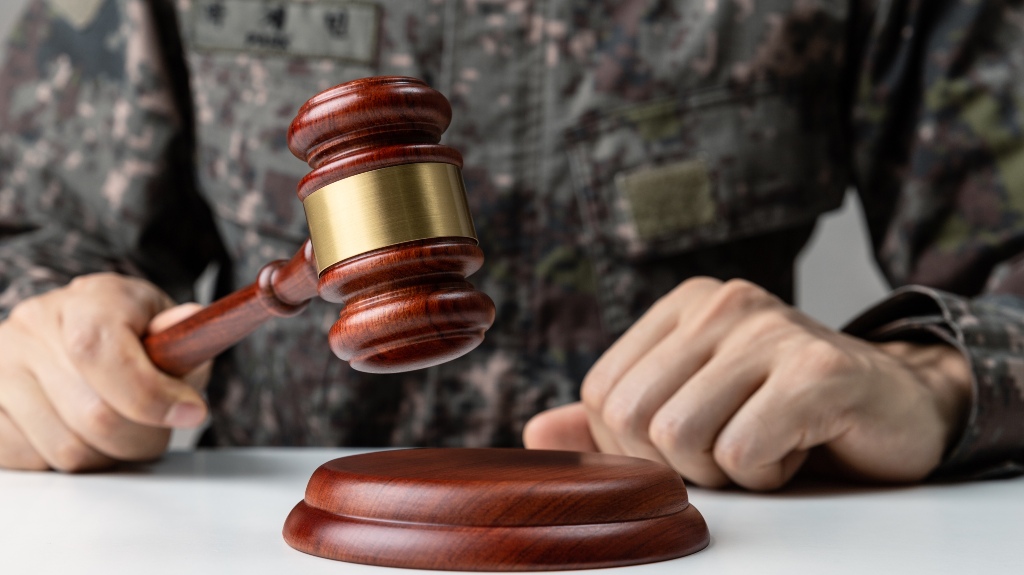Veterans with a service-connected health condition that impairs their working ability or daily activities may file a disability benefits claim with the Department of Veterans Affairs. However, many veterans have their claims denied or receive lower-than-expected disability ratings due to various errors in review. As another option for continuing to pursue a VA disability benefits claim, a veteran who receives an unfavorable decision on their claim can appeal to the U.S. Court of Appeals for Veterans Claims.
When Can You Appeal to the CAVC?
A veteran can appeal to the U.S. Court of Appeals for Veterans Claims (CAVC) after receiving a final decision from the Board of Veterans’ Appeals they wish to dispute. Unlike the Board of Veterans’ Appeals, an administrative body within the Department of Veterans Affairs, the CAVC is part of the federal judiciary. It has exclusive jurisdiction over appeals from the Board of Veterans’ Appeals.
Some of the most common reasons for appealing to the CAVC after an unfavorable decision by the Board of Veterans’ Appeals include:
- Errors in interpreting or applying the law to the facts of the case
- Misinterpretation of facts or overlooking evidence
- Due process violations (not given a fair hearing)
A veteran has 120 days after the Board of Veterans’ Appeals mails its decision to the veteran to file a notice of appeal with the CAVC.
Steps for Filing an Appeal to the CAVC
The process of filing an appeal with the CAVC involves multiple steps:

- Notice of appeal: A veteran must file a notice of appeal and their filing fee with the clerk of the CAVC within 120 days of the Board of Veterans’ Appeals’ decision.
- Notice of docketing: Once the CAVC receives a veteran’s notice of appeal, the clerk will issue a notice of docketing containing instructions for the veteran (called the appellant) and the Secretary of Veterans Affairs – the opposing party in the appeal. For example, the notice instructs the Secretary to file a copy of the Board decision and the record before the VA with the court.
- Filing the brief: Once the parties agree that the court has the complete record, the clerk will notify the appellant to file a written brief. The Secretary will also file a brief, and the appellant has the right to file a reply to the Secretary’s brief.
- Rule 33 conference: An appellant represented by legal counsel must attend a Rule 33 conference, during which the parties can discuss a settlement or another disposition of the case.
- Establishing the record of proceedings: The Secretary must file a collection of materials from the record before the VA that includes documents relevant to the issues on appeal. The appellant may dispute the contents of the record of proceedings.
- Oral argument: Sometimes, the CAVC may invite the parties to present oral arguments.
After these steps, the CAVC will issue a judgment resolving the appeal.
Do I Need an Attorney to Appeal to the CAVC
Although veterans can represent themselves in an appeal to the CAVC, pursuing a judicial appeal will involve complex procedures and legal issues. Having an attorney represent you in an appeal to the CAVC can improve your chances of success by ensuring you present a comprehensive, compelling argument to the court. Most VA disability benefits attorneys work on a contingency basis, meaning that a veteran does not have to pay upfront to hire an attorney for their appeal, and the attorney gets paid only if they recover benefits for the veteran.
Contact a VA Disability Appeals Attorney Today
If you decide to appeal your VA disability benefits claim to the CAVC, you need experienced legal advocacy to give you a favorable chance of success in your appeal. Contact Veteran Esquire Legal Solutions, PLLC, today for a free, no-obligation consultation with a VA disability benefits attorney to discuss how we can help you pursue a CAVC appeal.

